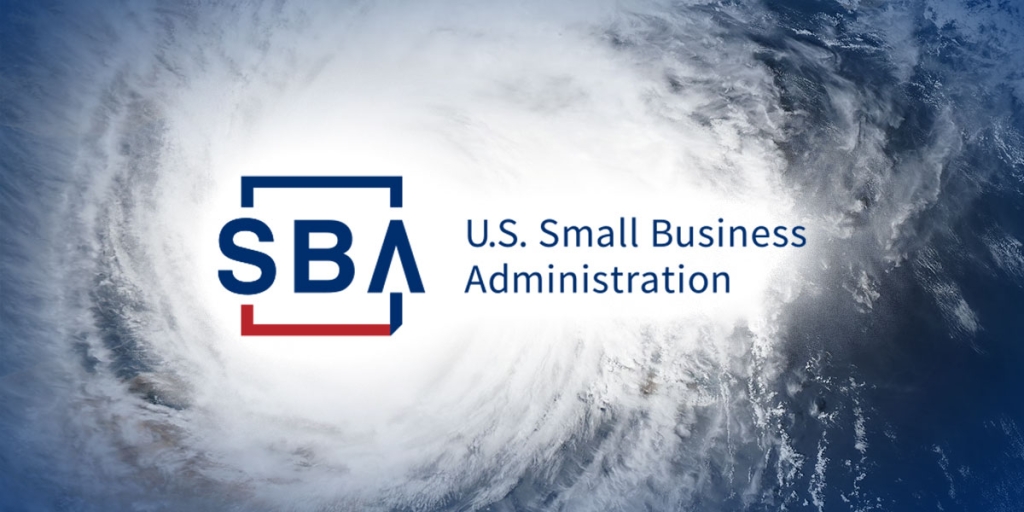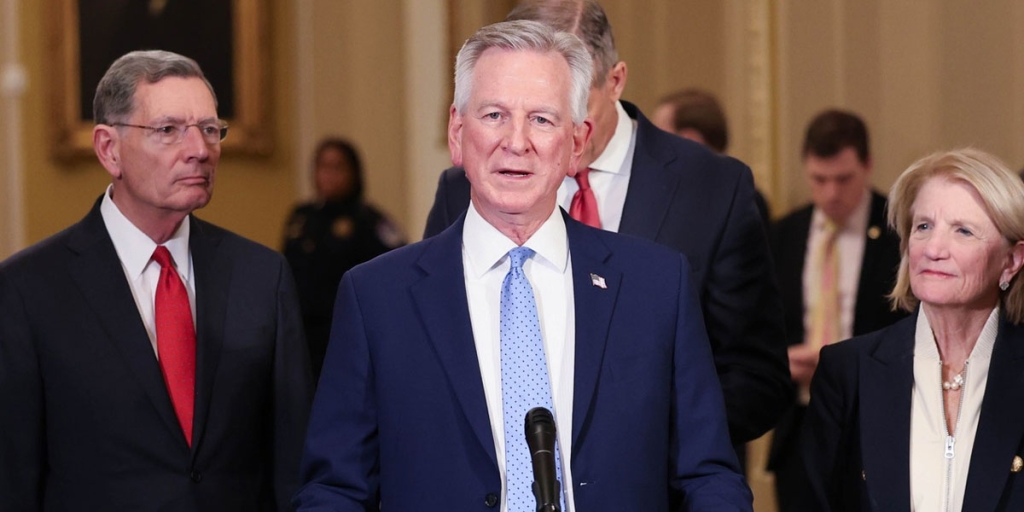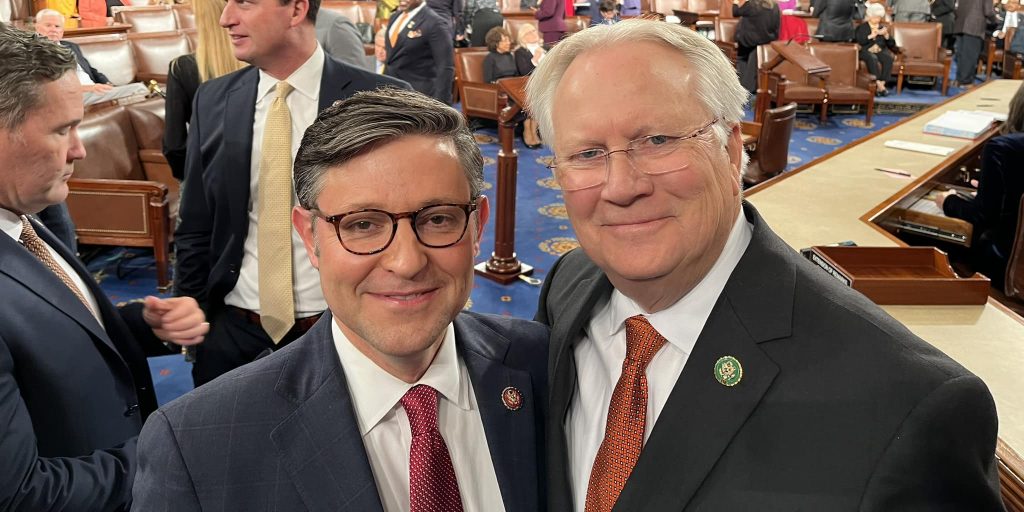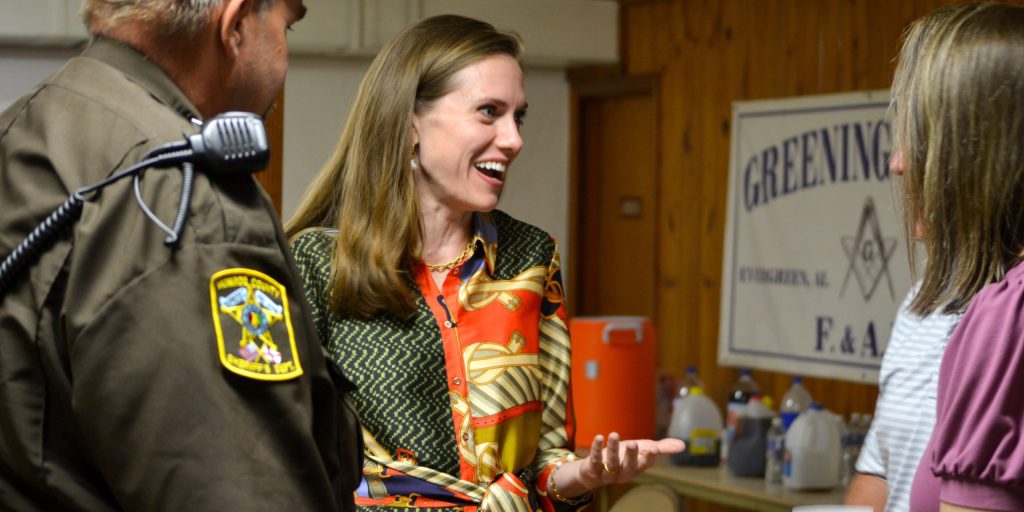The American economic landscape has changed considerably over the past few months as coronavirus (COVID-19) has extremely halted activity across the country. Several weeks have passed since Alabama’s economy slowly began to reopen following a phased approach with the amended Safer at Home public health order.
The bold action taken by government and public health officials instructing all Alabamians to follow various stay-at-home orders during this time has certainly contributed to the mitigation of the virus and has helped to slow the spread. Although these practices prevented many from falling sick, coronavirus remains a threat to the health and well-being of Alabamians and the American people.
Through both health and economic suffering, individuals, families, business leaders and employees have been dramatically impacted by this novel pandemic. Parents must manage family responsibilities while navigating new challenges, many are still out of work, and numerous businesses have closed nationwide. Particularly, small businesses have been severely impacted by the pandemic, and some continue to be at great risk of closing permanently. Millions of Americans have filed for unemployment, unsure of when their next paycheck or job will return.
Congress has come together to assist these businesses and their employees in many ways. In March, the Coronavirus Aid, Relief, and Economic Security (CARES) Act was passed, which established several programs and funding resources to assist the American people, including the Small Business Administration (SBA) Paycheck Protection Program (PPP). This program provides loans to small businesses to keep their doors open. In April, Congress passed legislation to replenish the PPP, bringing more support for businesses in need. Just last week, Congress passed the Paycheck Protection Flexibility Act, which made regulatory changes to the PPP. These changes include extending the loan life from eight weeks to 24 weeks, reducing payroll expenditure requirement from 75% to 60%, extending the repayment period from two years to five years, and allowing businesses to delay their payroll taxes. Alabama small businesses have received a great amount of support through the PPP. As of June 6, there have been 61,576 approved loans totaling approximately $6,122,930,463 for businesses throughout the state.
The road to recovery for Alabama and America will not be simple. It will be a process that takes much time, dedication, and determination. As time goes by, we will see the resilient people and communities of Alabama begin to heal, much like we have these past few weeks. I encourage you to continue to adhere to the guidelines issued by Governor Kay Ivey, the Alabama Department of Public Health (ADPH), and the Centers for Disease Control and Prevention (CDC) and practice social distancing as the nation continues to combat COVID-19.
Martha Roby represents Alabama’s Second Congressional District. She lives in Montgomery, Alabama, with her husband Riley and their two children.













